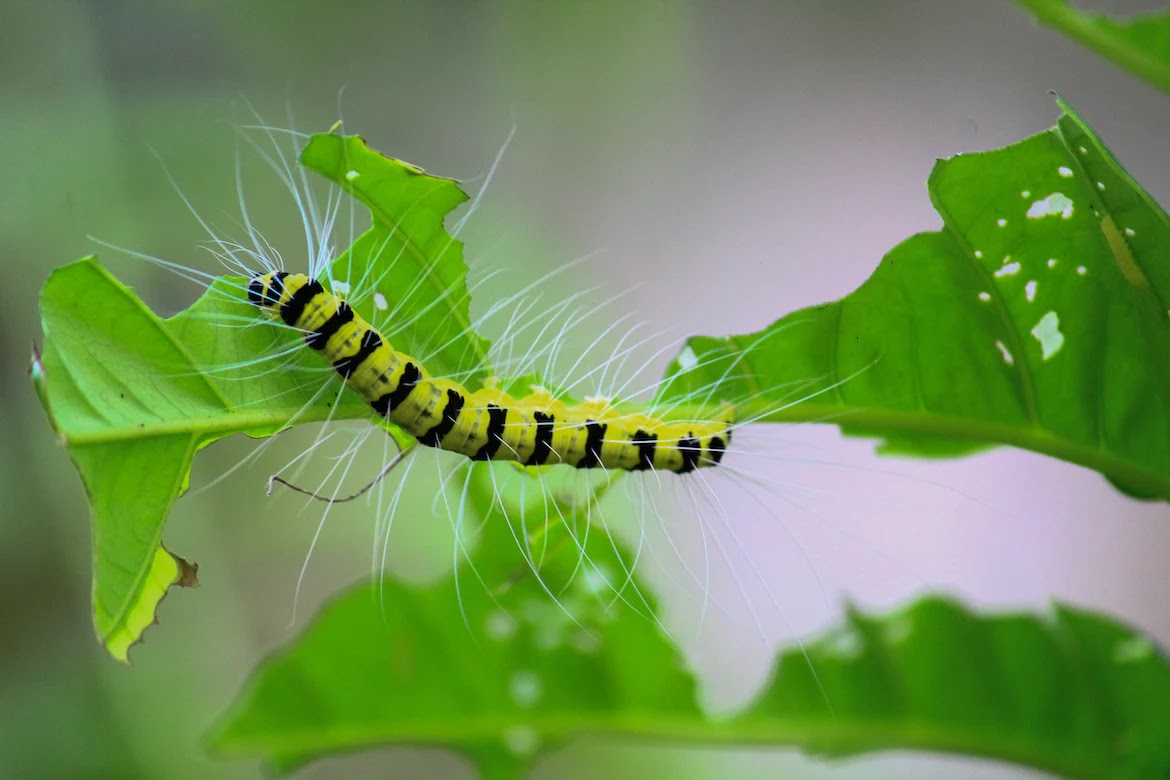1. Use companion planting. Companion planting is a gardening technique where you plant certain types of plants together to help deter pests. For example, planting marigolds near tomatoes can help to repel whiteflies.
2. Attract beneficial insects. Beneficial insects, such as ladybugs and lacewings, help to control pests in the garden. You can attract them by planting flowers that they like, such as dill, fennel, and yarrow.
3. Create a habitat for birds. Birds are also natural predators of pests. You can attract them to your garden by providing them with nesting boxes, water sources, and food sources, such as suet and berries.
4. Use natural pest control methods. There are a number of natural pest control methods that you can use, such as insecticidal soap, neem oil, and diatomaceous earth. These methods are less harmful to the environment than chemical pesticides.
5. Inspect your plants regularly. The best way to prevent pests from taking over your garden is to inspect your plants regularly. This will help you to identify pests early on, when they are easier to control.
By following these tips, you can help to keep your garden pest-free and healthy.
Here are some additional tips that you may find helpful:
1. Water your plants regularly. This will help to make them less attractive to pests.
2. Avoid overfertilizing your plants. This can make them more susceptible to pests.
3. Remove weeds from your garden. Weeds can harbor pests and diseases.
4. Clean up any debris from your garden. This can provide pests with shelter.
5. Rotate your crops. This will help to disrupt the life cycle of pests.
6. Dispose of pests properly. Do not compost them, as this could spread them to other plants.
By following these tips, you can help to create a garden that is less hospitable to pests.










No comments
Post a Comment